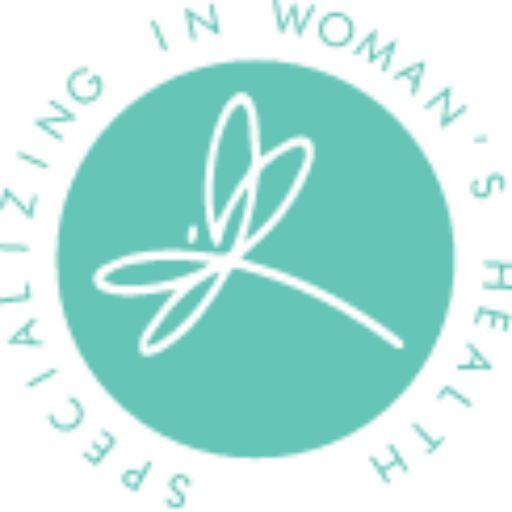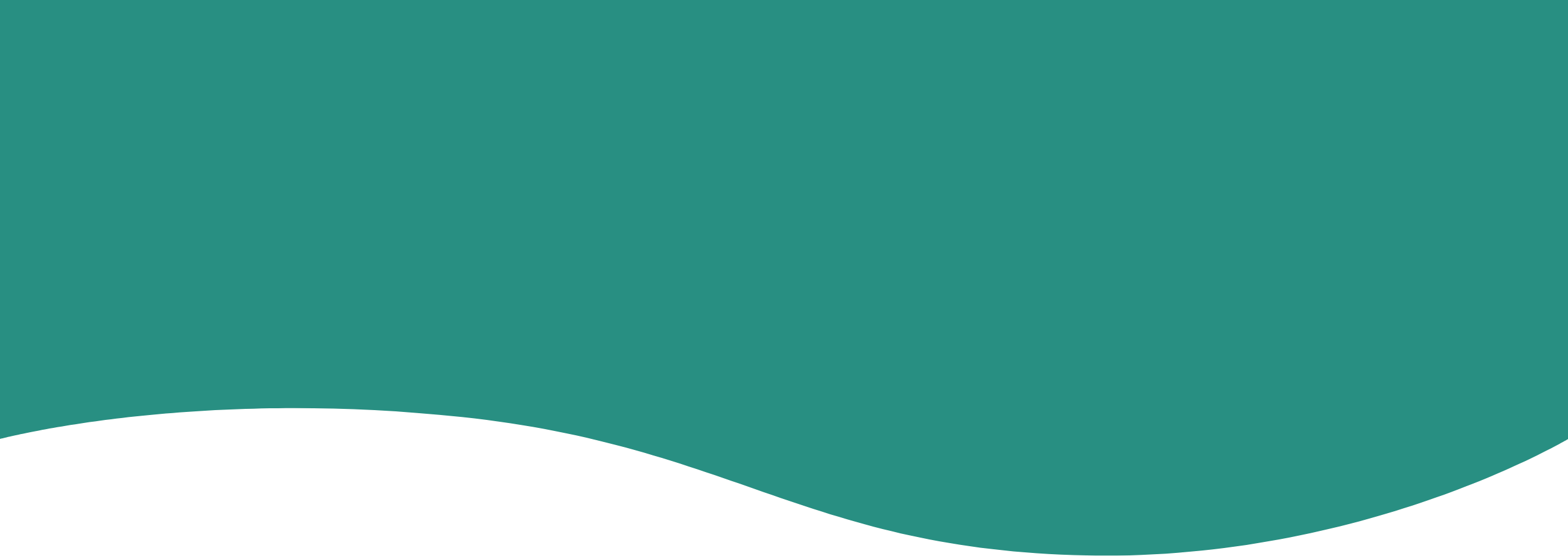
Get to know your Doctor
Dr. Tzeching Wang is living proof that holistic medical approach works. Growing up, she experienced a myriad of symptoms such as migraines, fatigue, and depression. She spent days in and out of the doctor’s office until she turned to a new school of medicine– Traditional Chinese Medicine. As the founder of Eastern Wellness, Dr. Wang aims to bring alternative treatment options to individuals who want to live their life healthy and pain-free.
Get Your Free ConsultationMy story
I was born in Taiwan.
No, I wasn’t born very strong.
I remember the days that I had constant belly aches, toothaches, headaches, allergies, and lots of trouble sleeping when I was little.
No, I would not call myself a healthy child.
Growing up, I always had trouble focusing and always felt tired. Nobody would think of me as a vibrant and energetic child. And it got worse from there. Once I hit puberty, I had weekly migraines, and the fatigue got even worse. Then depression hit me.
At that time, I didn’t know what was wrong with me. My mother was doing everything she could to help. I remember the days I was in and out of the doctor’s office. I remember the smell of chemicals and the shining syringe needles.
Sometimes the medications helped, but most of the time it didn’t. Some of the medications would make me itch all night. I was referred to doctors after doctors, and still, no one had a clue what was going on. The doctors were really caring and knowledgeable, I could tell, but I felt that I was segregated into pieces, and nobody could really put everything together for me.
After an overload of medications and procedures, I was diagnosed with many different types of illnesses, UTI, migraines, PMS, allergic rhinitis, depression, even hypochondria. I still recall the days when I was put on steroids and antihistamine for my allergies, Lubvoxatine for my depression, and Zoloft for my insomnia at the age of 18. I also remember how fast I could finish a bottle of Tylenol because of my headache. I was even in group therapy to help my depression and OCD. I appreciated all the doctors and therapists along the way who had helped me, but I was so desperate for an answer.

Tzeching Wang PhD, LAc, AFMCP
After an overload of medications and procedures, I was diagnosed with many different types of illnesses, UTI, migraines, PMS, allergic rhinitis, depression, even hypochondria. I still recall the days when I was put on steroids and antihistamine for my allergies, Lubvoxatine for my depression, and Zoloft for my insomnia at the age of 18. I also remember how fast I could finish a bottle of Tylenol because of my headache. I was even in group therapy to help my depression and OCD. I appreciated all the doctors and therapists along the way who had helped me, but I was so desperate for an answer.
how it started
Things started to take a turn when I was recruited into a traditional Chinese medicine student club in college. Yes, that is right. I started my traditional Chinese medicine in a student club back in college days. I also studied psychology in college, but it didn’t seem to provide the right answer. The urge that I needed to know what was going on really pushed me to search. I needed more.
No, I didn’t get healed miraculously, but I started to see a world of difference. From there I started to make connections with my own body through the lense of traditional Chinese medicine. I started to really listen to what my body was trying to say, and practice the natural rhythm accordingly. Then on, I finally started to feel energetic and strong. I started to make the connections of body and mind and really pay attention to what I ate. I started to see things in balance and observe what is out of balance.
Then, I wanted to become a doctor. From the student club, I started my apprenticeship with my mentor, Dr. Lee Zheng Yu. Dr. Lee showed me how the holistic approach can help a patient improve their quality of life, and the years studying under him inspired me to become a doctor myself.
But that was not enough. I wanted to help people to not go through what I had to go through. Especially having to go through puberty in such a challenging manner, I wanted to help women like me who suffer from various health issues.
This led to my path of striving to become a true doctor who can legitimately help people. I went on and studied Chinese Medicine in Liao Ning University of Traditional Chinese Medicine.
It was such a fulfilling journey as I studied both Traditional Chinese Medicine and Conventional medicine simultaneously. And a doctor never stops learning.
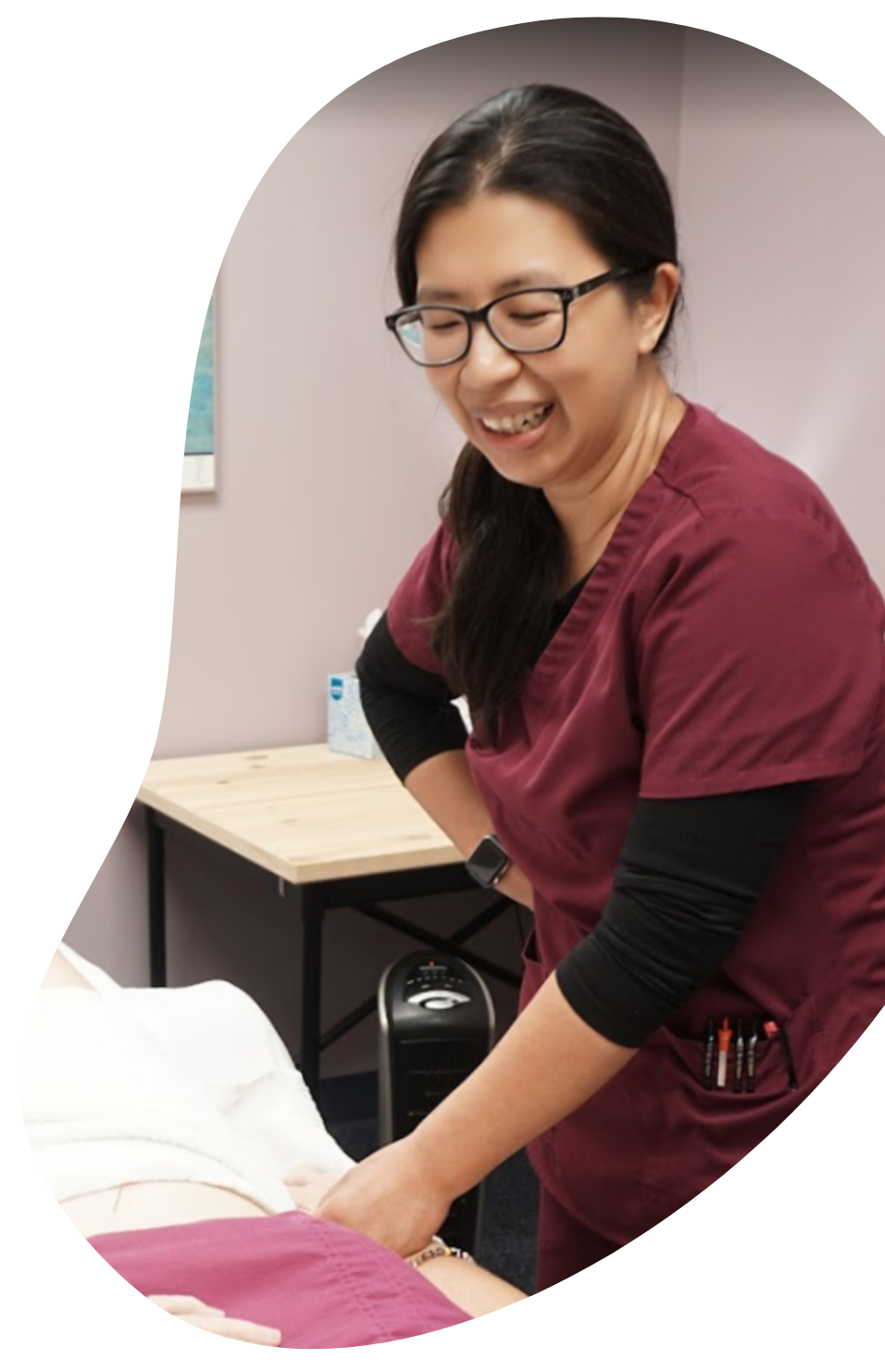
my journey to chinese medicine
After I immigrated to the States, I learned a new school of medicine called, which has so much in common with traditional Chinese medicine. Both types of medicine see a person through a holistic lense, and really build the connections between systems and the environment. Both types of medicine focus on lifestyle, food, sleep, and compliments each other in various ways. I am glad I have another tool in my tool box to help my patients and my community.
Coming out of the Sars-Cov 2 pandemic, I know we still have a long way to go to improve the overall health of our community mentally, physically, and spiritually.
But I also know how resilient human beings can be. We can stay healthy as long as we are willing to go back to the basics and constantly equip ourselves with knowledge that helps us to correct the imbalances, and build our reservation.
I am glad I can now nurture, educate, and support the community I live in.v
 Specialization
Specialization
- TCM neurology
- Atopic disease
- GI dysfunction
- Women’s health
- Cancer support
- Pain management
 Education
Education
- Institute for Functional Medicine, AFMCP Certified, March 2021
- Liao Ning University of Traditional Chinese Medicine, Doctor of Philosophy in Traditional Chinese Internal Medicine, June 2012 – June 2015
- American College of Acupuncture and Oriental Medicine, Master of Oriental Medicine, August 2002 – May 2007
- Liao Ning University of Traditional Chinese Medicine 2000 – 2006
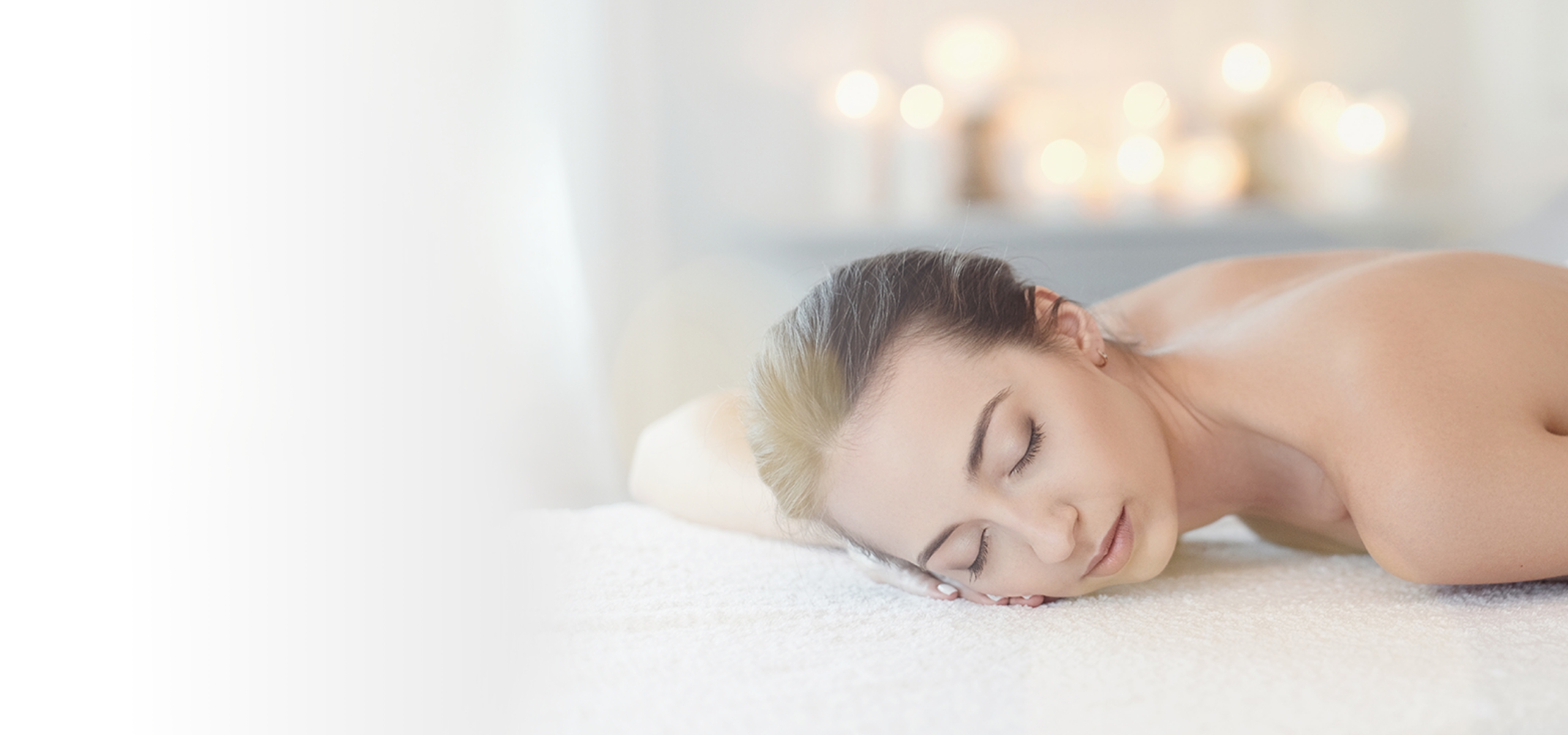
Frequently Asked Questions
Acupuncture uses sterilized needles to insert into specific points to stimulate certain physiological changes. These changes include upregulating pain threshold, stimulation of the production of anti-inflammatory factors, such as nitric oxide or T lymphocyte, and downregulating inflammation including reducing PGF production. These mechanisms are usually referred to as regulating the flow of Qi and blood. These mechanisms of acupuncture can be used in conjunction with conventional treatments such as pain management, sleep disorder, fatigue, or many other health concerns.
Traditional Chinese Medicine approaches health and wellness from a holistic perspective, considering the body, mind, and spirit as interconnected. It seeks to restore balance to the body’s natural processes and promote overall well-being, rather than just treating specific symptoms or conditions. Western medicine, on the other hand, tends to focus more on treating individual symptoms and conditions through the use of drugs or surgical procedures.
Acupuncture has been used to treat a wide range of conditions, including chronic pain, headaches, digestive problems, anxiety, depression, and more. It is also often used to support the body’s natural healing processes in conjunction with other treatments
The number of sessions needed to see results varies depending on the individual and the condition being treated. Some people may experience relief after just one or two sessions, while others may need several sessions over a period of time. Your practitioner can give you a better idea of how many sessions you can expect to need based on your specific situation.
